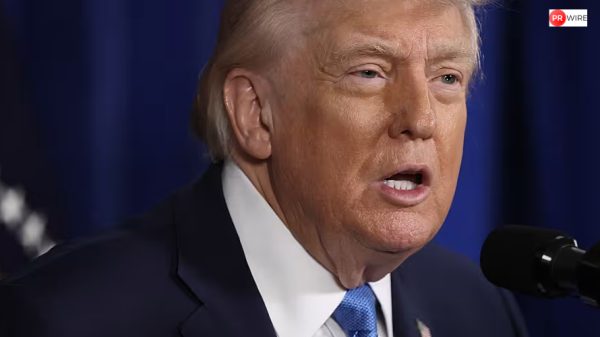An extraordinary general meeting (EGM) called by some investors of embattled edtech firm Byju’s remains in focus as it seeks to remove the company’s founder and CEO Byju Raveendran and his family from leadership roles over mismanagement and other challenges.
For many months, several investors of Think and Learn Private Limited, the parent company of Byju’s, had been demanding the ouster of Raveendran and his family members from leadership roles. This group of shareholders, including global tech investor Prosus, also seeks to appoint a new board.
Byju Raveendran clearly stated that he and other board members will not attend the EGM called by the investors as it is “procedurally invalid” and contractually in violation of the company’s article of association and shareholder’s agreement.
“It is with firm resolve that I inform you that neither I nor any other Board member will attend this invalid EGM. Under the AOA and the SHA, the attendance of at least one of the Founders is necessary to form the quorum for a valid EGM,” Raveendran wrote in a letter to shareholders.
In response, the investors who called the EGM said it was valid and in accordance with the law. “The EGM to continue as per plan,” they said.
However, it is worth noting that Byju’s has obtained a stay order from the Karnataka High Court, deeming any resolutions passed at the EGM as “ineffective” until the next hearing.
While there is a stay order on any resolutions passed during the meeting, the court did not issue any direction to stop the EGM from going ahead today.
It should be noted that the issue revolves around the acquisition of the company in 2021 for $950 million, with approximately 70 percent of the payment made in cash and the remainder to be adjusted against Think & Learn equity.
Allegations have surfaced against Byju’s management for allegedly withholding crucial information from investors, exposing a growing divide between the company and some of its key stakeholders.
These accusations include failure to disclose trading financials, material discrepancies between projected guidance and actual results, and inaccurate disclosure of available capital, leading to a misrepresentation of short-term capital adequacy.
Investors have also raised concerns regarding ongoing investigations by the Directorate of Enforcement (ED), the Ministry of Corporate Affairs (MCA), and the Serious Fraud Investigation Office (SFIO).
Additionally, they claim that the management repeatedly violated obligations outlined in the shareholding agreement and articles of association, failing to provide essential financial data, capital tables, M&A transaction details, and information on debt negotiations.
As a result, shareholders have proposed several next steps, including evaluating the status of CEOs and CFOs across entities, establishing interim succession plans, and potentially appointing a third-party temporary CEO for all entities involved.
The article originally appeared on India Today.




























